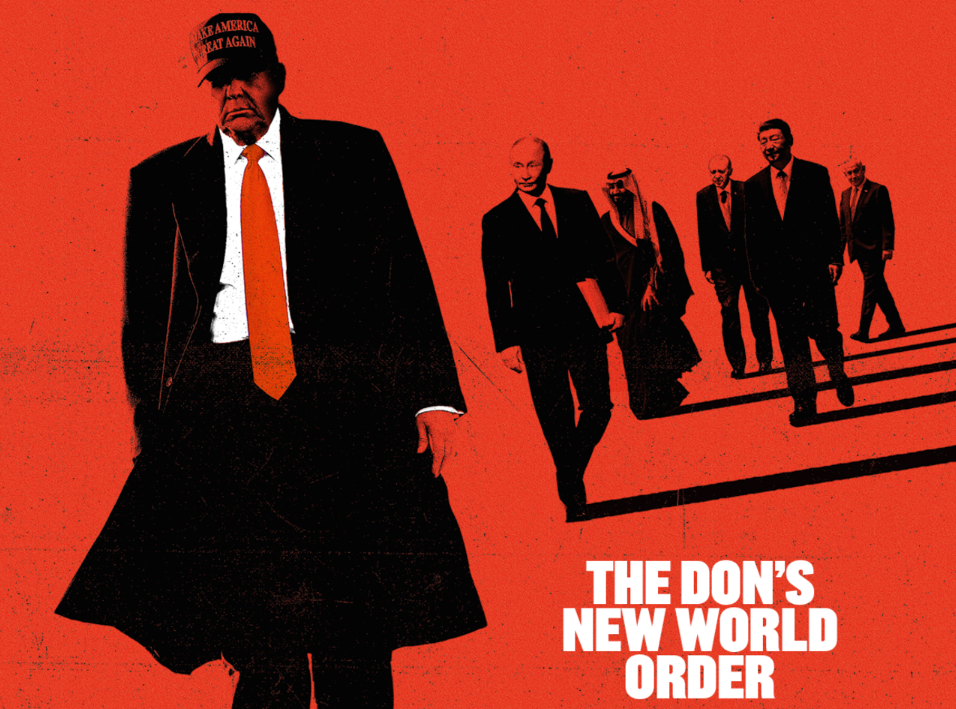
Ted Galen Carpenter, Senior Fellow, Randolph Bourne Institute
Mar 20, 2025
Trump’s second-term foreign policy asserts U.S. hegemony in the Western Hemisphere while exploring a great power system based on spheres of influence. Its success hinges on defining these spheres—especially between the U.S. and China—without destabilizing East Asia.

Philip Cunningham, Independent Scholar
Mar 14, 2025
Talks are underway for a U.S.-China summit this spring, with the choice of venue crucial to balancing Trump’s unpredictability and Xi’s preference for control. Hawaii and Hainan stand out as potential neutral sites, offering luxury, security, and a level playing field for both leaders.
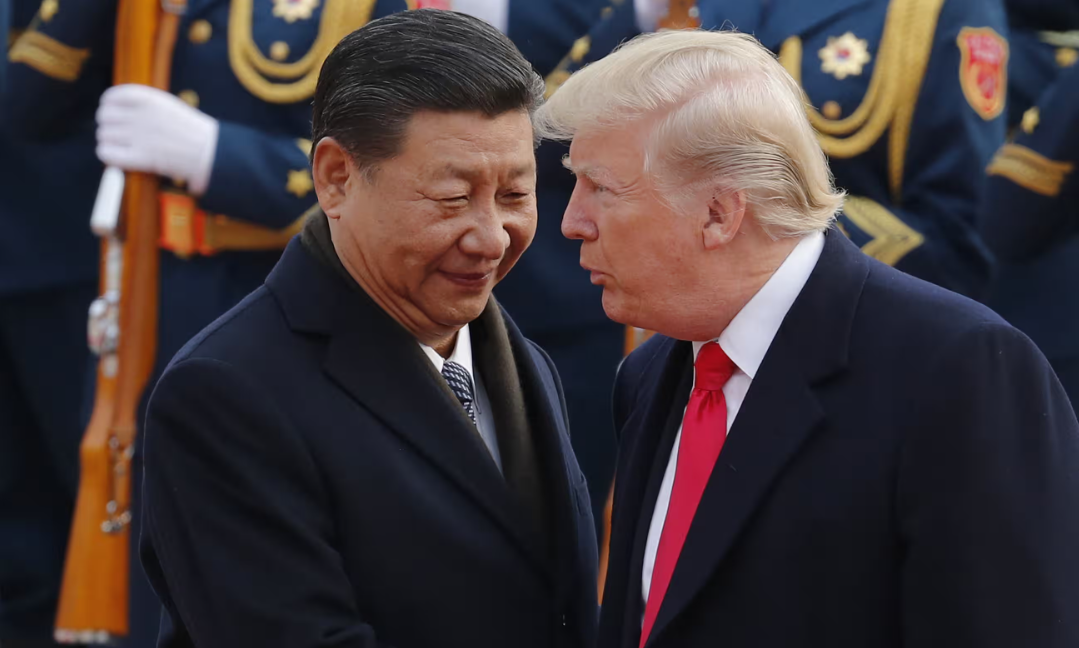
Christopher A. McNally, Professor of Political Economy, Chaminade University
Mar 07, 2025
Trump’s return creates uncertainty for Beijing, with potential economic risks from renewed tariffs and trade restrictions. While there are some prospects for relations to get better, the unpredictable nature of Trump’s policies and Washington’s internal challenges could also lead to further volatility between the U.S. and China.
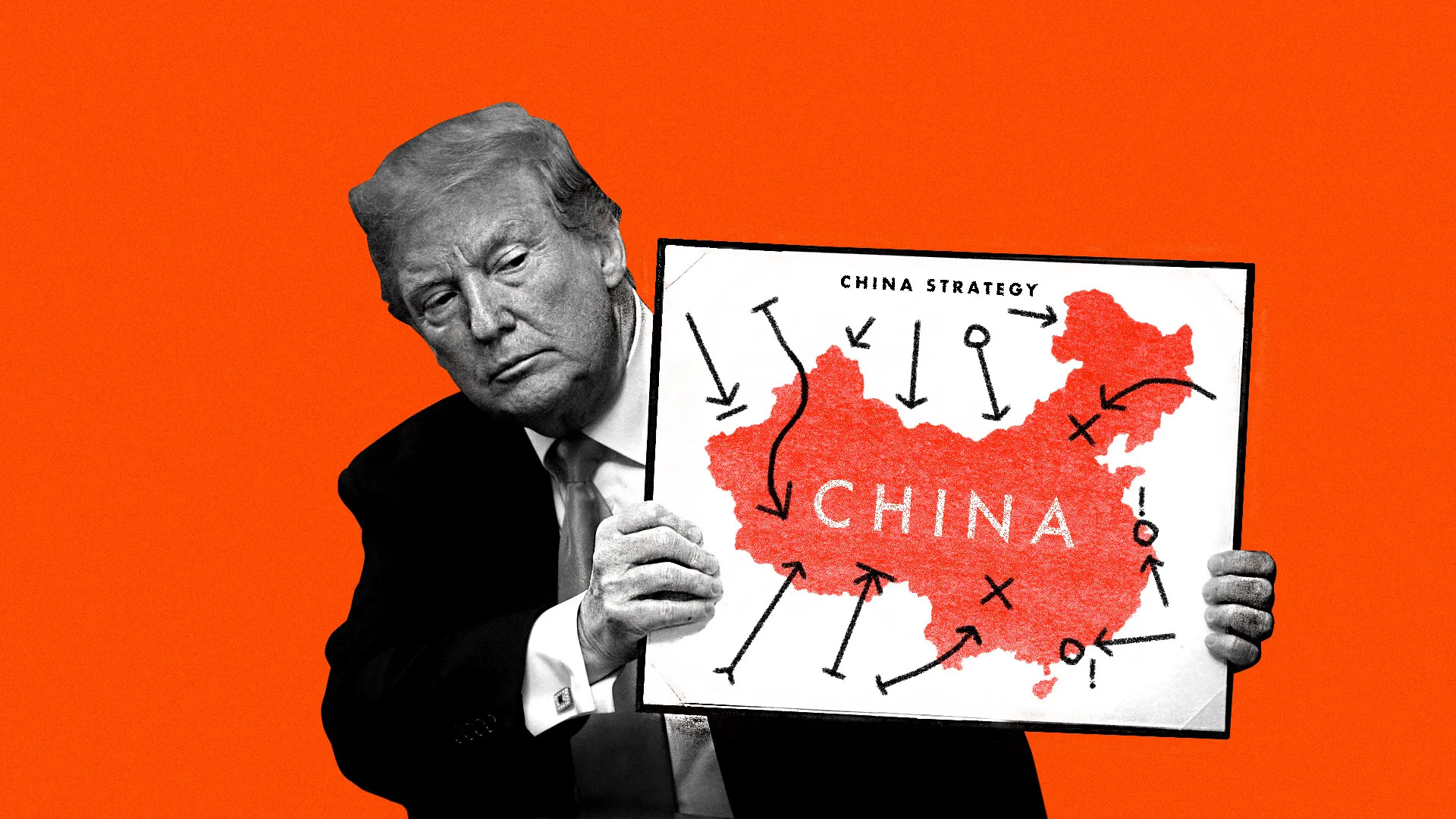
Vasilis Trigkas, Visiting Assistant Professor, Schwarzman College, Tsinghua University
Feb 14, 2025
The grand strategies of Sun Tzu and Thucydides converge on a central idea: true victory lies in avoiding direct confrontation. In an era of nuclear deterrence and global challenges, their wisdom underscores that great powers must prioritize strategic restraint, internal resilience, and measured competition over reckless escalation.
Zhou Xiaoming, Former Deputy Permanent Representative of China’s Mission to the UN Office in Geneva
Jan 28, 2025
Washington and Beijing display stark contrasts in their approaches to the world and to each other. The dividing lines highlight the extremes — perpetrators and victims, oppressors and the oppressed, aggressors and defenders.
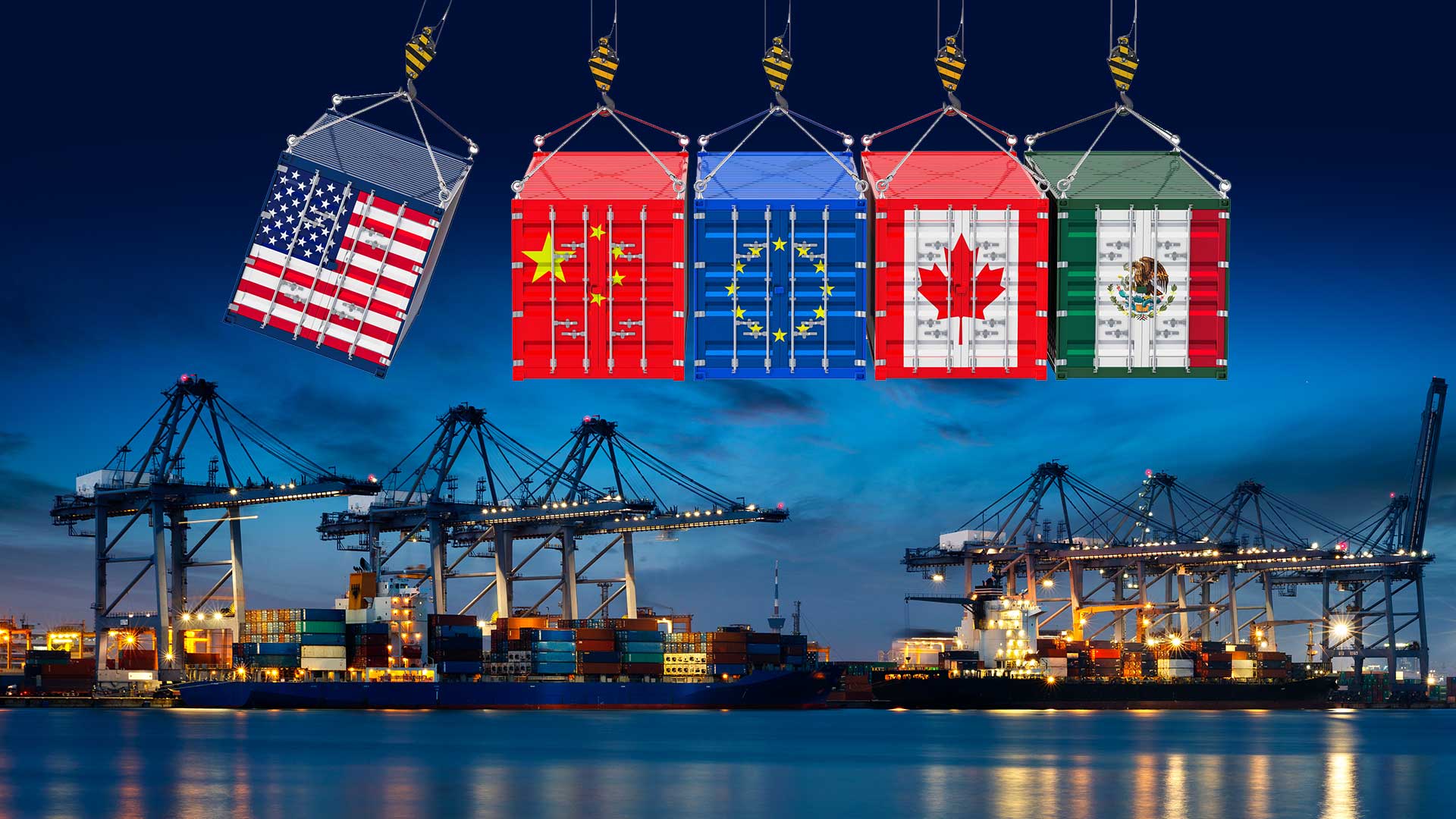
He Weiwen, Senior Fellow, Center for China and Globalization, CCG
Jan 28, 2025
China and the U.S. should not entangle themselves in trade imbalances and tariffs but find a new, innovative perspective. The future will be shaped by AI, big data, quantum computing and telecom. Both countries have tremendous common interests.
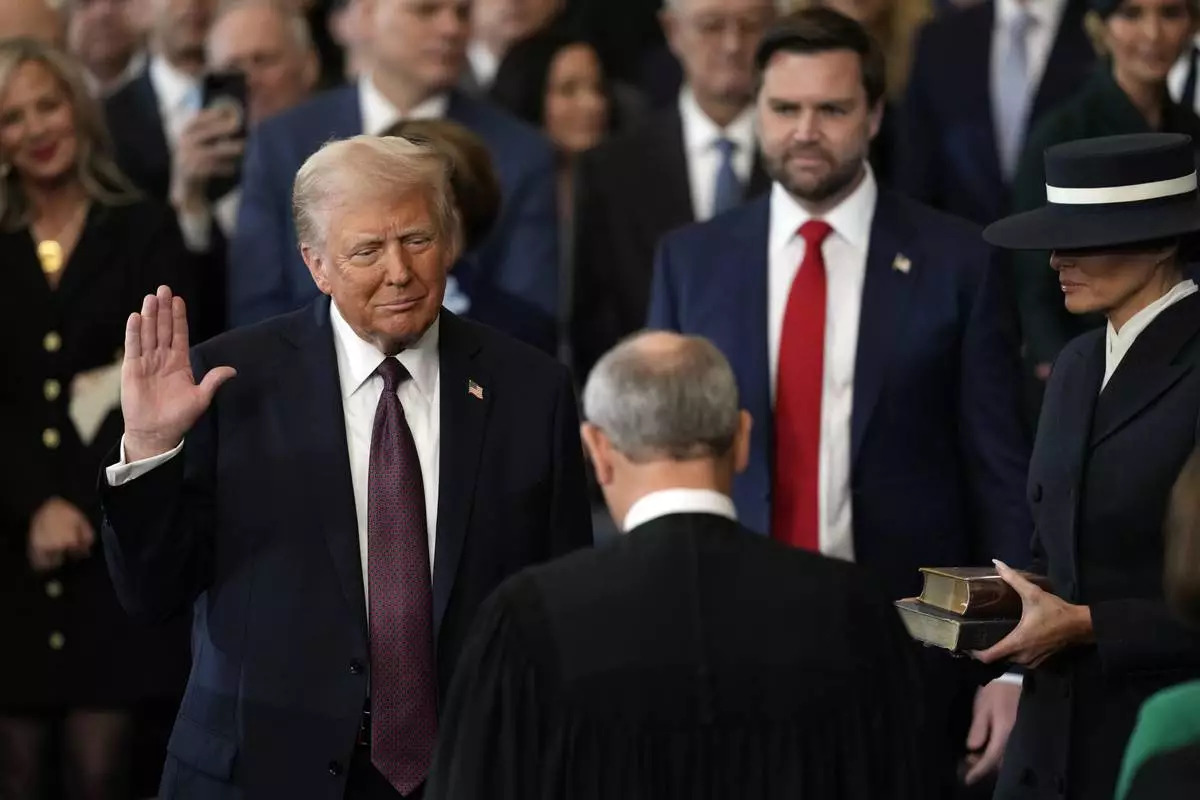
Ghulam Ali, Deputy Director, Hong Kong Research Center for Asian Studies
Jan 27, 2025
The country is far more resilient today than it was four years ago and in a good position to counter Donald Trump’s promised tariffs — or unexpected moves yet to come. It has diversified markets for Chinese goods, reduced the chances that countries in the region will form anti-China alliances and is welcoming foreign investment.
Liu Xuejun, PhD Candidate, Department of Public and International Affairs, City University of Hong Kong
Jan 27, 2025
Despite heightened tensions between China and the U.S., sub-national diplomacy remains a critical channel for fostering collaboration. However, rising security concerns in the U.S. and differing priorities in China pose challenges, underscoring the need for transparency, trust, and a focus on mutual interests to sustain these efforts.

Roberta Lipson, Chair, The American Chamber of Commerce in China
Jan 17, 2025
In an era of growing tensions between the United States and China, Roberta Lipson brings a valuable perspective shaped by decades of experience across the two cultures. As an American who has spent nearly half a century in Beijing building a network of 11 hospitals and 25 clinics, Lipson understands the complex interplay between business, healthcare, and international relations. In this conversation with KJ Kerr of China-US Focus on the sidelines of the U.S.-China Hong Kong Forum in November, she speaks about her remarkable journey and offers thoughtful analysis on the future of bilateral relations amid uncertain political times.
Zhang Tuosheng, Principal Researcher at Grandview Institution, and Academic Committee Member of Center for International Security and Strategy at Tsinghua University
Jan 07, 2025
China must see to its own domestic affairs and promote all-around socioeconomic progress. Externally, it must walk the path of peaceful development without wavering, adhere to an independent foreign policy of peace and hold fast to multilateralism to foster solidarity with other nations. Only in this way can we overcome the severe challenges that are coming our way.